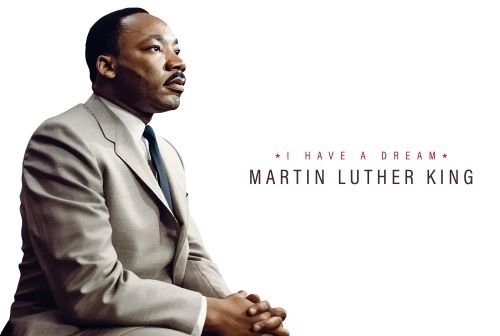Martin Luther King, Jr.

The Global Alliance was founded in 1923 as the American Orthopsychiatric Association (Ortho). The first meeting of Ortho was held in Chicago in 1924. During this year, we will celebrate our 100th anniversary by occasionally reflecting on our rich history of promoting constructive change in individuals and in society. Today, we offer a resolution adopted by the Ortho Board of Directors in April 1968 honoring Dr. Martin Luther King, Jr.
April 1968
Dr. Martin Luther King, Jr. represented many things to many people. He was a minister, a leader of his people, a man of great faith and principle, a charismatic person larger than life. He had a dream — a dream that all men be free, that the dignity of each and every man be cherished.
But Dr. King was also a man with a profound understanding of the strains in our society, of the fearful rifts developing in its fabric. Seeing and understanding so well, he pleaded for the use of reason and nonviolent measures. He came to be the symbol of nonviolence at the center of social upheval — but his nonviolence was never equated with passivity. He was essentially a man of action, and developed and gave leadership to it in many forms. A rare gift for extending himself through the powerful cadence of his voice and vibrancy of his gesture drew all manner of men to him. It was his plan and his idea to have a Poor People’s March on Washington, a political action through which the poor could take the responsibility of making known their own needs to their representatives in government.
He hated poverty, and the terrible mental and psychological destruction it has meant for children generation after generation. He also hated war. Dr. King was one of the first leaders of the black people to speak out against the war in Vietnam, which to him was a moral question inextricably bound to the moral question of the nation’s poor. For this he was critized by both whites and blacks, sometimes flatly called a traitor to his country or his people, but the antagonism only revealed to him more sharply the dangerous divisions growing in the country. He stood as a major force against the worsening of those divisions, and his sudden death had tragic meaning for the black community, the white community, the nation as a whole.
The ideal of Martin Luther King projected a world free of bigotry and prejudice, free of the deprivations and humiliation of poverty and the horrors of war; a society in which the dignity of man is paramount. This is an ideal to which the mental health profession has always been dedicated. There is so much that must be done. We mourn the loss of this great leader.
